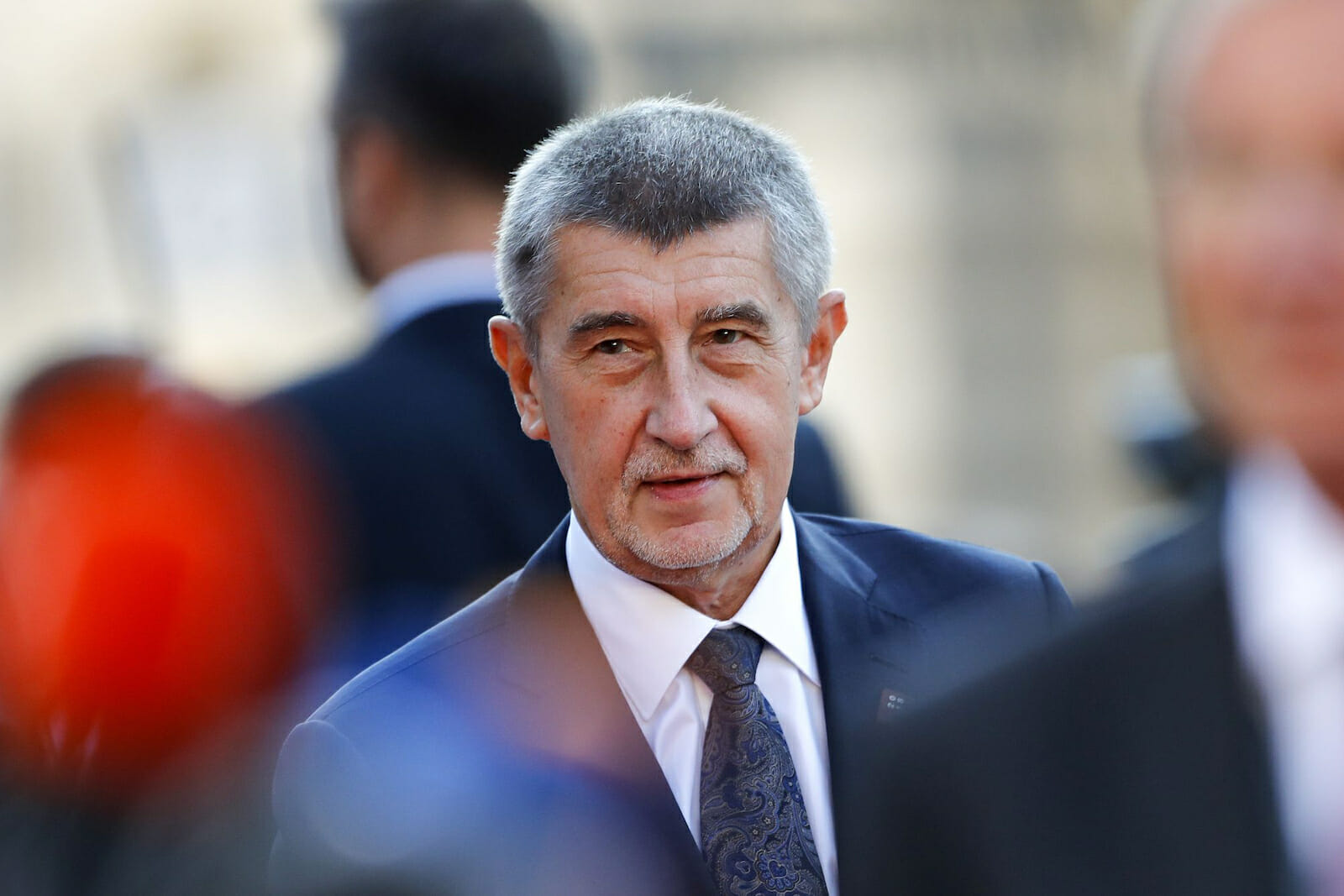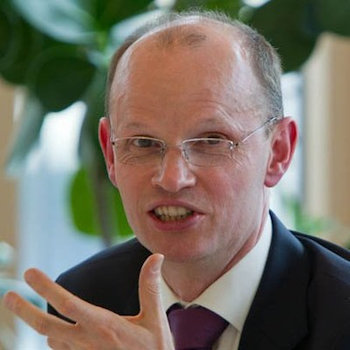
Who is Advancing Russian Interests in the Czech Republic?
In recent weeks, protests have taken place across the Czech Republic against the controversial appointment of a new Minister of Justice.
The previous minister resigned immediately after police recommended that Prime Minister Andrej Babiš should stand trial on a fraud charge related to the alleged abuse of two million euros of EU funds in the running of his business. The charge carries a jail sentence of up to ten years.
The new minister, Marie Benešová, is a close ally of Babiš and President Miloš Zeman. She claims that she has no plans to interfere with the independence of the legal process. Babiš denies the charge and says that it is politicised.
The scandal is significant because it marks a setback in the Czech Republic’s efforts to counter Russian influence operations aimed at disrupting confidence in the country’s democratic institutions and its foreign policy orientation.
Zeman is widely regarded as a Kremlin stooge. While his executive powers as president are limited, he is an outspoken opponent of EU sanctions against Russia and denies that regular Russian army units have been fighting in Ukraine.
He has even called for a referendum on the country’s EU and NATO membership although he claims to favour both. His closest advisers include a former energy executive with links to the Kremlin. Russian state media regularly quote his statements to point to divisions among western countries.
Zeman’s re-election campaign in 2017 was accompanied by attacks on his closest opponent, Jiří Drahoš. Pro-Kremlin websites alleged that he was a pedophile and a secret police informer during Communist days. They also accused him of planning to open the Czech Republic to vast numbers of Muslim migrants. In a run-off, Zeman secured a narrow victory.
The election took place during a period of government instability. Babiš, an anti-establishment billionaire businessman, had been appointed prime minister after his populist party had secured 30% of the vote in parliamentary elections three months earlier.
Babiš was only able to secure a majority in parliament after nine months when he received backing from the pro-Moscow Communist Party. He refused a number of the Communists’ demands, including cutting financial contributions to NATO missions abroad and committed himself to maintaining a pro-Western course.
As a businessman turned politician, Babiš inevitably invites comparisons with Donald Trump and Silvio Berlusconi. Despite his alliance with Zeman, there are no indications that he is soft on Russia or influenced by Russia-related business dealings.
His fertilizer conglomerate, the mainstay of his business empire, does not appear to benefit from links with Russia despite the Czech Republic’s heavy dependence on Russian gas.
If Russian influence operations have drawn a blank with Babiš, the Minister of Justice scandal plays perfectly into the Kremlin’s hands since it suggests to a Czech audience that rule of law is weak and may not be worth defending.
Russian strategists understand well that societies fight for principles when they believe in them. Discrediting of values can serve to weaken a country’s ability to protect itself.
For a Russian audience, the controversy is further evidence that Western governments are hypocritical and their judicial systems are a sham.
After 2014, the Czech government belatedly woke up to the challenge posed by Russia to Europe’s security. In 2016, it conducted a thorough national security audit that assessed the country’s strengths and weaknesses, including its resilience against influence operations.
Valuable work has taken place to shore up the Czech Republic’s defences against disinformation with the help of think tanks and academia.
Russia nevertheless retains significant intelligence capabilities in the Czech Republic. Its embassy has more diplomats than the US and Chinese embassies and is believed to be heavily staffed by intelligence officers.
There are historical reasons for this. As the USSR’s authority began to weaken in Central Europe in the late 1980s, the KGB believed that Czechoslovakia could once again be at the forefront of calls for change as it had been in 1968. As a precaution, it removed the files of its top informants.
When the first post-Communist administration took office, its efforts to lead a lustration process faced difficulty in identifying officials who had collaborated with Moscow. This allowed Russia to preserve its networks. The close links with some of today’s Social Democrats and Communists in the Czech Republic go back to Soviet days.
The firm stand taken by Babiš on foreign and security policy towards Russia deserves credit. Yet the appointment of the Minister of Justice is undoing this achievement.

